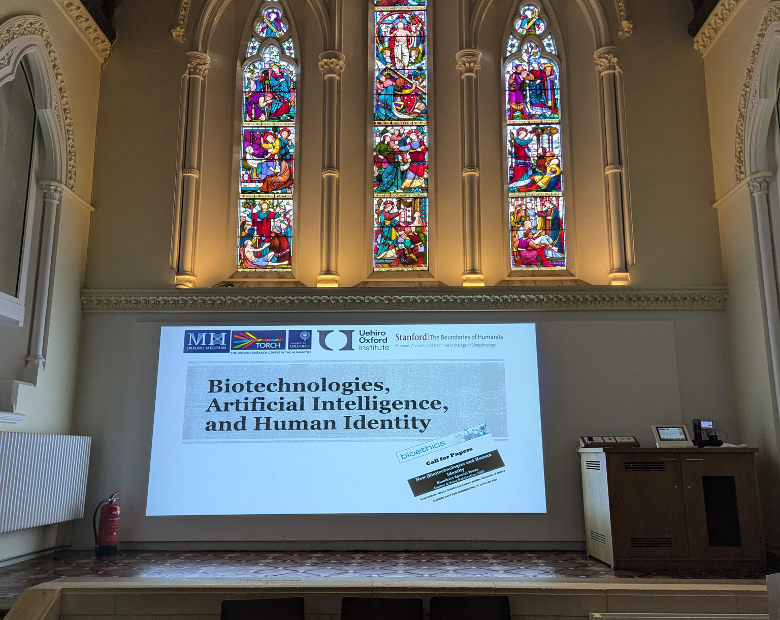Alberto Giubilini
Oxford Uehiro Centre for Practical Ethics
Medical assistance in dying – or “MAiD”, to use the somehow infelicitous acronym – is likely to be a central topic in bioethics this year. That might not be true of bioethics as an academic field, where MAiD has been widely discussed over the past 40 years. But it is likely true of bioethics as a wider societal and political area of discussion. There are two reasons to think this. First, the topic has attracted a lot of attention the last year, especially with “slippery slope” concerns around Canada’s policies. Second, MAiD has recently been in the news in the UK, where national elections will take place in 2024. It is not hard to imagine it will feature in the heated political polarization that always accompanies election campaigns.
Little can be done to prevent that kind of polarization. However, some clarity about the different issues at stake might help to steer clear of unnecessary quarrels and focus on the relevant points of disagreement. Without claiming to be exhaustive, here I want to try to take some step in that direction.Read More »Medical assistance in dying: what are we talking about?









